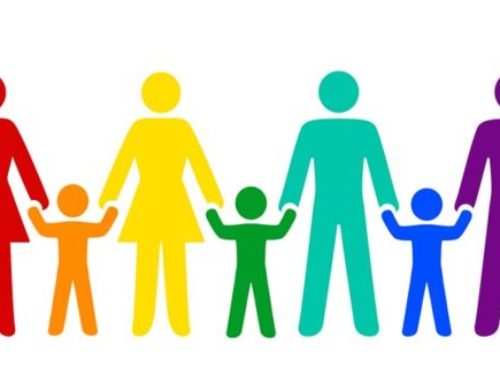Breaking news: the definition of infertility has officially changed—and it can benefit you.
In October 2023, something groundbreaking happened; the American Society for Reproductive Medicine published extensive changes to their definition of infertility. The new definition of infertility is being celebrated by specialists and advocates around the country for its inclusive language, which will enable many more people to access the services they need.
What Was the Old Definition of Infertility?
Infertility was legally defined under very specific (and restrictive) terms. Previously, the definition required patients to have regular, unprotected heterosexual intercourse for a certain period of time before being diagnosed with infertility. For those under 35, it was 12 months. For those over 35, it was six. If pregnancy was not achieved during this time frame, a patient could be legally considered infertile.
What is the Meaning of Infertility Now?
The new definition of infertility still draws upon the traditional “trying” timeframe of six or 12 months. However, this is no longer the only definition of infertility. Since October, infertility has also been defined by the inability to conceive as proven in a number of ways like testing or factors like age and medical/sexual/reproductive history. The new definition also states that anybody, either a single person or members of a couple, are considered infertile if they require medical services like egg or gamete donors.
Why Do These Changes Matter?
Fertility treatments are very involved and tend to be a significant financial investment. For many people, the only financially viable way to access these treatments is via insurance. The narrow legal definition of infertility caused many people to be denied health insurance for these services. LGBTQ+ couples and single parents could easily be turned away due to the language used in the definition. This can no longer happen.
Now, the new definition’s inclusive language allows for more people to claim coverage and access the treatments they need. The ASRM has taken great care to ensure this.
What Does the New Definition of Infertility Imply?
Previously, heterosexual, cisgender couples were much more likely to be granted the healthcare coverage necessary for fertility treatments. We are beyond thrilled to say this is no longer the case. Now, insurance companies cannot deny single and queer people access to coverage for these treatments!
The amendments to ASRM’s guidelines specifically state that anyone who cannot conceive without assistance is considered infertile. To solidify this, their website states, “Nothing in this definition shall be used to deny or delay treatment to any individual, regardless of relationship status or sexual orientation.”
Challenges in Reproduction
For some, the road to parenthood is marked by several barriers. Infertility in any form can be very emotionally difficult. These challenges are compounded when other aspects (like finances, marital status, sexual/gender identity or insurance) put major restrictions on potential solutions.
Ensuring Equitable Access to Reproductive Care
Parenthood shouldn’t be an equity issue, but unfortunately, it has been. For a long time, legal regulations have made fertility treatments more accessible to some parents than others. The narrow medical definition of infertility restricted people from accessing the services they needed to conceive and only made it an option for certain groups of people. Of course, this kind of gatekeeping was harmful to countless communities.
Thanks to the expansive and inclusive changes made by the ASRM, some of the longstanding barriers are coming down. Parenthood has become much more attainable for countless families across the United States. While more work is still needed to provide a more equitable reproductive industry, this is a major step in the right direction.
Moving Forward: The Future of Reproductive Medicine
Nobody can truly predict the future, but we can certainly hope that these changes are a harbinger of important societal growth. We celebrate this important and inclusive change and are so excited to meet and support more intended parents on their journey!
If this news has enabled you to now access fertility treatments, we would be happy to help you navigate this process. With over two decades of professional and lived experience with fertility treatments like surrogacy and egg donation, Extraordinary Conceptions can provide all of the assistance, contacts, and support you need. You can register to become an intended parent online or contact us at your convenience to speak about specifics. Thank you for making us a part of your family story—it’s an honor.









